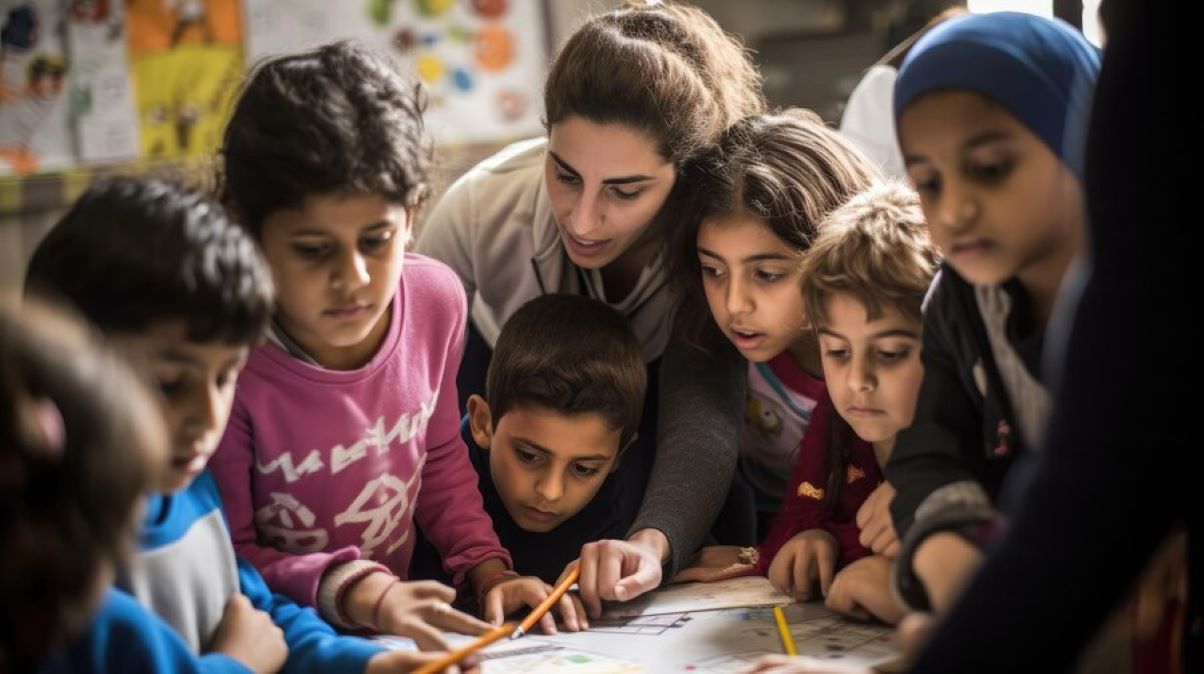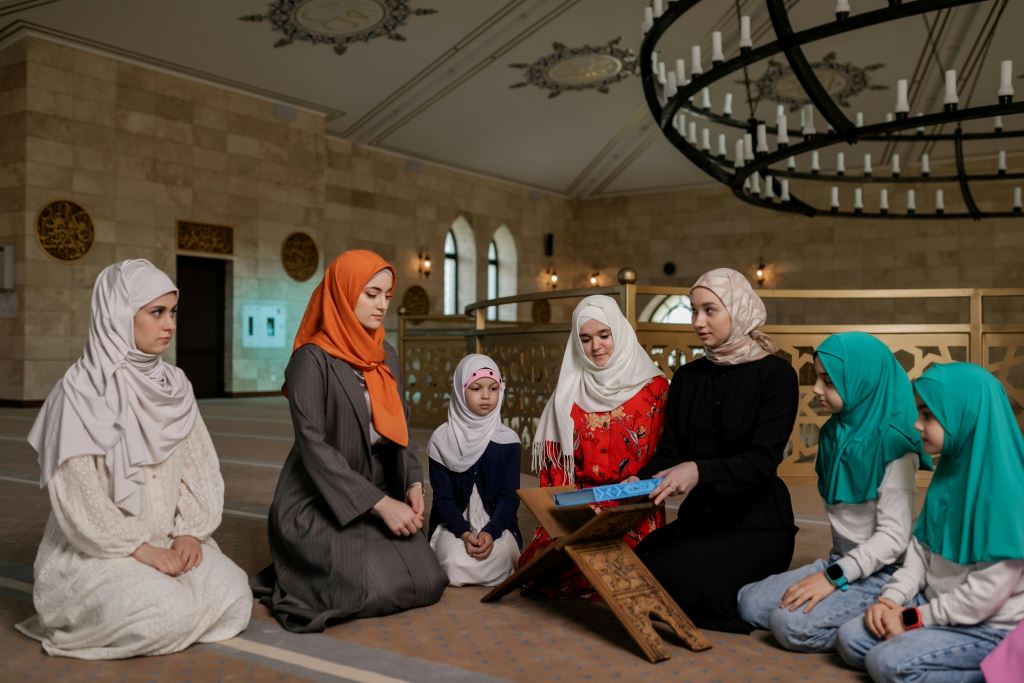Non-governmental organizations (NGOs) play a crucial role in bridging gaps in education and facilitating access to knowledge worldwide.
Through innovative education programs, these organizations empower individuals and communities, promote lifelong learning and foster socio-economic development.
In this comprehensive article, we’ll explore the significant role of NGOs in building bridges to knowledge through their diverse education initiatives.
Understanding the Importance of Education Programs
Education is widely recognized as a fundamental human right and a key driver of sustainable development. Access to quality education equips individuals with the knowledge, skills, and opportunities they need to lead fulfilling lives, participate fully in society, and contribute to economic growth.
However, millions of people around the world still lack access to education due to various barriers. These include poverty, discrimination, conflict, and inadequate infrastructure.
NGOs play a critical role in addressing these challenges and expanding educational opportunities for marginalized and underserved populations. If you want to contribute to NGO education programs then you may visit So What Else. Education programs implemented by NGOs offer numerous benefits, including:
- Empowerment: Education empowers individuals by providing them with the knowledge and skills they need to make informed decisions, pursue their aspirations, and advocate for their rights.
- Poverty Alleviation: Education is a powerful tool for poverty reduction, as it enhances employability, income generation, and social mobility, thereby breaking the cycle of poverty.
- Health and Well-being: Education contributes to better health outcomes by promoting preventive health practices, raising awareness of health issues, and enabling individuals to access healthcare services.
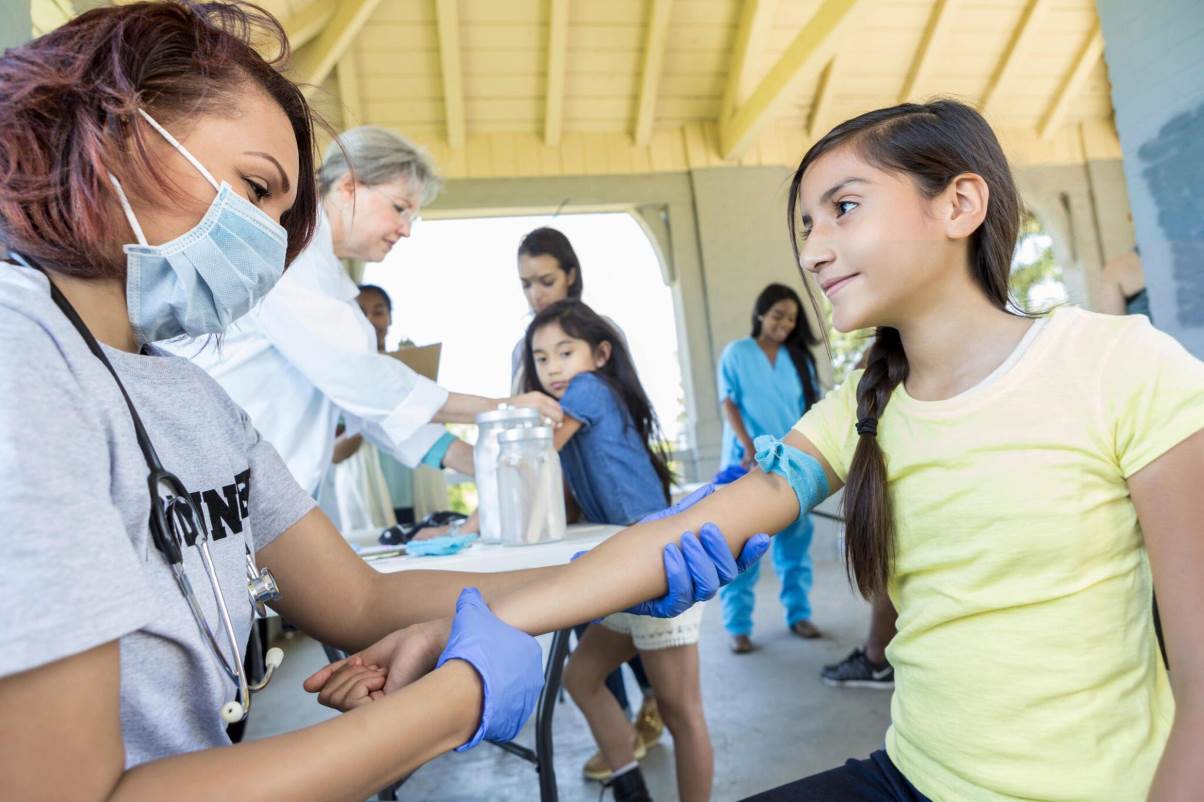
- Gender Equality: Education plays a vital role in promoting gender equality and women’s empowerment by increasing girls’ enrollment rates, reducing gender disparities, and challenging harmful gender norms.
- Community Development: Education fosters community development by building human capital, strengthening social cohesion, and promoting active citizenship and community engagement.
The Role of NGOs in Education
NGOs are at the forefront of efforts to improve access to education, enhance educational quality, and address educational inequalities worldwide.
These organizations leverage their expertise, resources, and networks to develop and implement a wide range of education programs tailored to the needs of diverse populations. Let’s explore the key roles that NGOs play in advancing education:
1. Advocacy and Policy Influence
NGOs advocate for education policies and reforms that promote equity, inclusion, and quality in education systems. They engage in policy dialogue, research, and lobbying efforts to influence decision-makers and ensure that education remains a priority on the national and international agenda.
By advocating for increased funding, improved infrastructure, teacher training, and curriculum reform, NGOs work to create enabling environments for quality education for all.
2. Capacity Building and Training
NGOs build the capacity of educators, school administrators, and community leaders through training programs, workshops, and professional development initiatives.
These capacity-building efforts aim to enhance teaching and learning practices, promote educational innovation, and strengthen institutional capacities to deliver quality education services.
By equipping education stakeholders with the necessary skills, knowledge, and resources, NGOs contribute to the professionalization and effectiveness of the education sector.
3. Community Engagement and Mobilization
NGOs engage with local communities to identify their education needs, priorities, and aspirations. Through community-based participatory approaches.
NGOs involve community members in decision-making processes, program design, and implementation. Ensuring that education interventions are contextually relevant and responsive to local realities.
By mobilizing community resources, fostering partnerships, and promoting ownership and sustainability, NGOs empower communities to take charge of their educational development.
4. Innovative Program Design and Implementation
NGOs design and implement innovative education programs that address specific challenges and gaps in education provision.
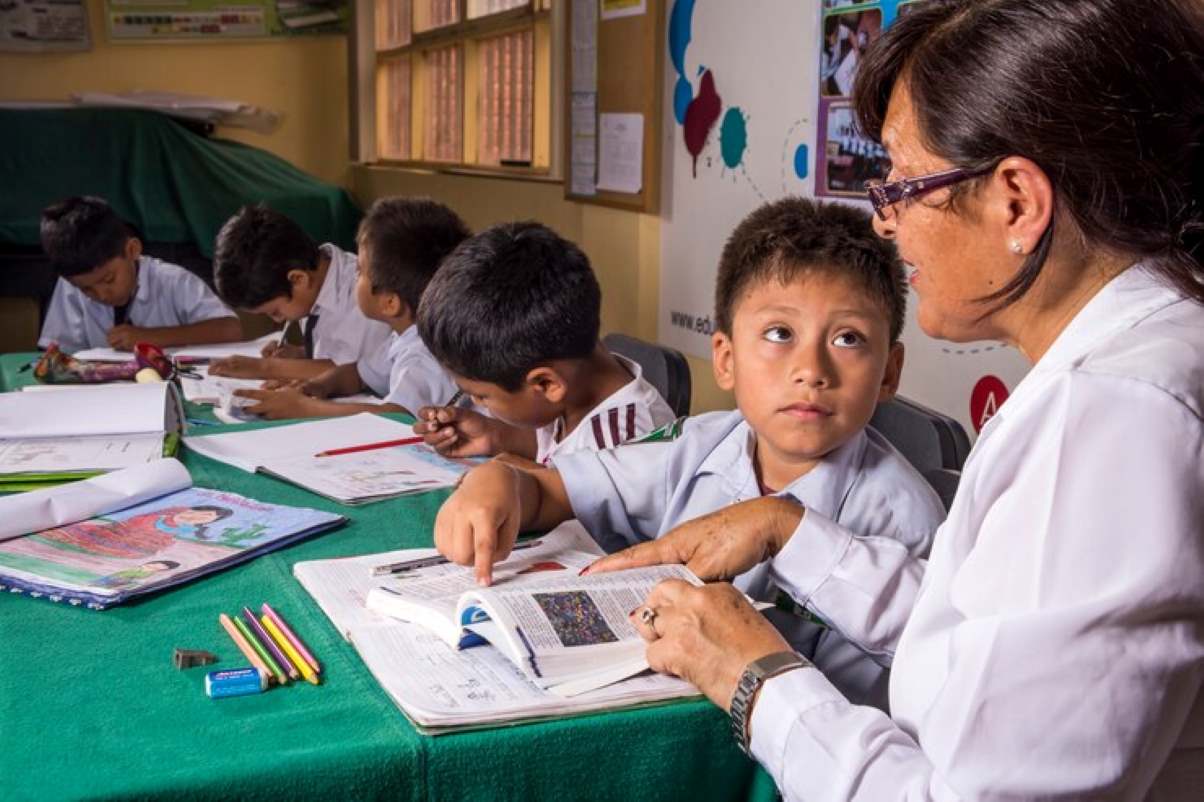
These programs may focus on areas such as early childhood education, literacy and numeracy skills, vocational training, digital literacy, and non-formal education, thereby addressing diverse educational needs.
By leveraging technology, experiential learning approaches, and creative pedagogies, NGOs design interventions that cater to diverse learning needs and preferences, reaching learners who are often marginalized or excluded from traditional education systems.
5. Monitoring, Evaluation, and Learning
NGOs conduct monitoring, evaluation, and learning (MEL) activities to assess the impact, effectiveness, and sustainability of their education programs.
Through rigorous data collection, analysis, and reflection, NGOs identify best practices, lessons learned, and areas for improvement. Ensuring that their interventions are evidence-based and results-oriented.
By sharing knowledge and insights with stakeholders, donors, and the broader education community. NGOs contribute to collective learning and knowledge sharing in the field of education.
Examples of NGO-led Education Programs
Explore impactful NGO-led education programs through case studies, including Room to Read, Teach For All, and the BRAC Education Program. These case studies highlight innovative approaches to expanding access to quality education worldwide.
A. Room to Read
Room to Read is a global NGO that focuses on improving literacy and gender equality in education. The organization implements programs that promote literacy, girls’ education, and children’s literature, particularly in low-income countries in Asia and Africa.
Room to Read’s initiatives include establishing libraries, providing literacy instruction, distributing children’s books, and offering scholarships to girls, aiming to transform the lives of millions of children through the power of education.
B. Teach For All
Teach For All is a network of independent organizations working to expand educational opportunities around the world. Inspired by the success of Teach For America. The network recruits and trains promising young leaders to teach in underserved communities and drive systemic change in education.
Through their teaching placements, fellows work to address educational inequities, improve student outcomes, and advocate for policy reforms. With the goal of ensuring that all children have access to an excellent education.
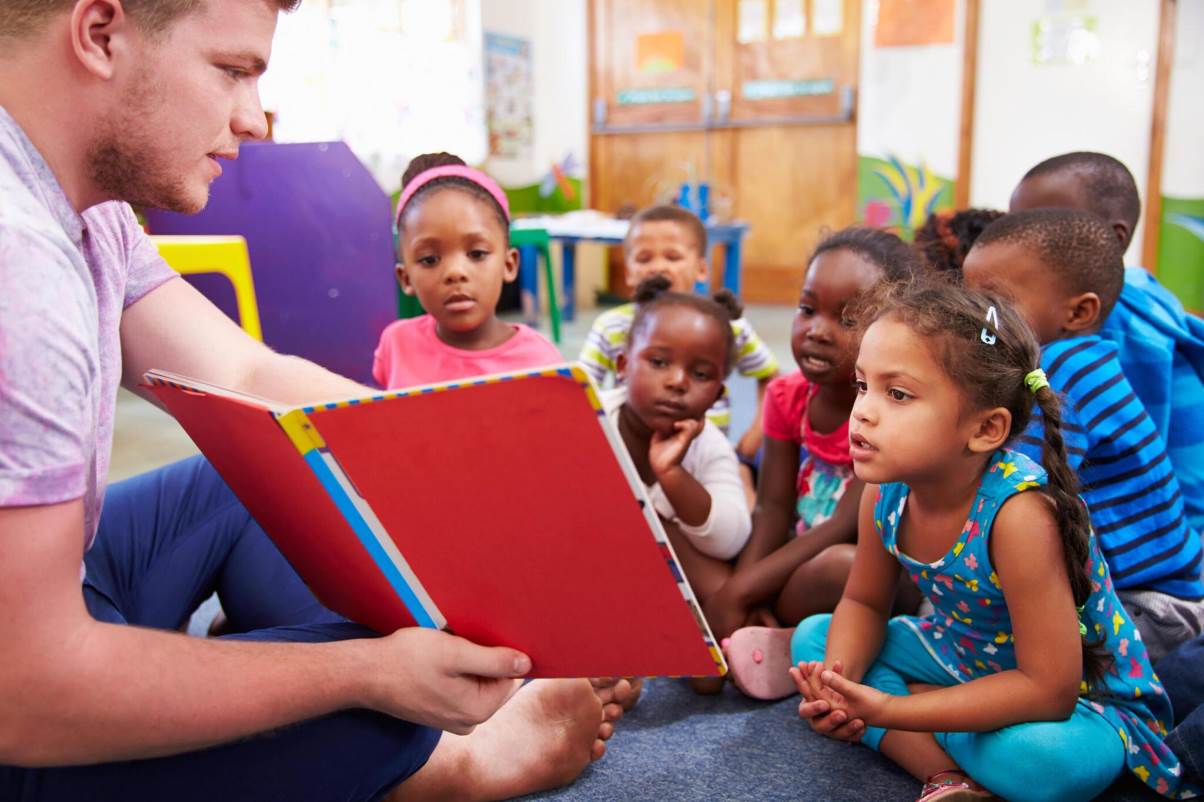
C. BRAC Education Program
BRAC, one of the world’s largest NGOs, operates a comprehensive education program in Bangladesh and other countries. BRAC’s education initiatives include formal primary and secondary schools, non-formal education centers, and programs for out-of-school children and adolescents.
The organization not only provides teacher training but also engages in curriculum development and community mobilization activities to support quality education delivery. BRAC’s holistic approach to education aims to empower marginalized communities and break the cycle of poverty through education.
Conclusion
NGOs play a vital role in building bridges to knowledge through their education programs. By working collaboratively with governments, communities, donors, and other stakeholders.
NGOs contribute to expanding access to quality education, promoting lifelong learning, and advancing socio-economic development worldwide.
As we strive to achieve the Sustainable Development Goal of inclusive and equitable quality education for all. The role of NGOs in education will continue to be indispensable in creating a brighter and more equitable future for generations to come.

